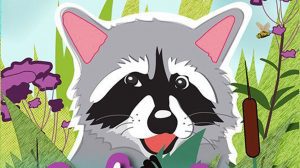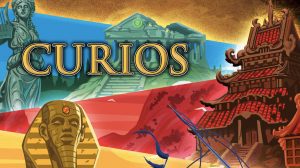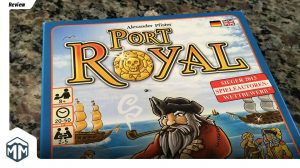What in the Wild is a game system consisting of a deck of 120 cards and rules for 5 different games. Cards contain plant and animal species and the food, water, shelter, and space they need to survive. Much as with wildlife conservation in the real world, the games of What in the Wild focus on cooperation, collaboration, or side by side competition rather than head to head competition. Each game was designed with children and families in mind, and most have variants that let you ramp up the challenge as players get older and are looking for more strategic gameplay.
• Match It! A memory game where you explore the different types of habitat elements and which species use them.
• Connect It! A cooperative game of map building to construct a resilient ecosystem before time runs out.
• Slap It! A fast paced race to assemble habitat for as many species as you can.
• Group It! A push your luck set collection game.
• Build It! A collaborative game of habitat creation.
What in the Wild was designed to complement the Michigan Department of Natural Resources Wildlife Division’s “Go Wild for Michigan’s Wildlife” curriculum for kindergarten through 5th grade. A core element of the curriculum is introducing students to common wildlife species they may encounter and increasing their understanding and appreciation of these animals. This forms the heart of What in the Wild, and its games put their primary focus on fun, engagement, interaction, humor, and challenge. In a classroom setting, it’s a tool for teachers to use to extend student understanding of course content. For a family, the emphasis is on providing fun games that the youngest and oldest members can enjoy together.
What in the Wild is a small box educational game that packs a wild adventure. It “grows” with the players and has lots of fantastic pictures. Read our What in...










